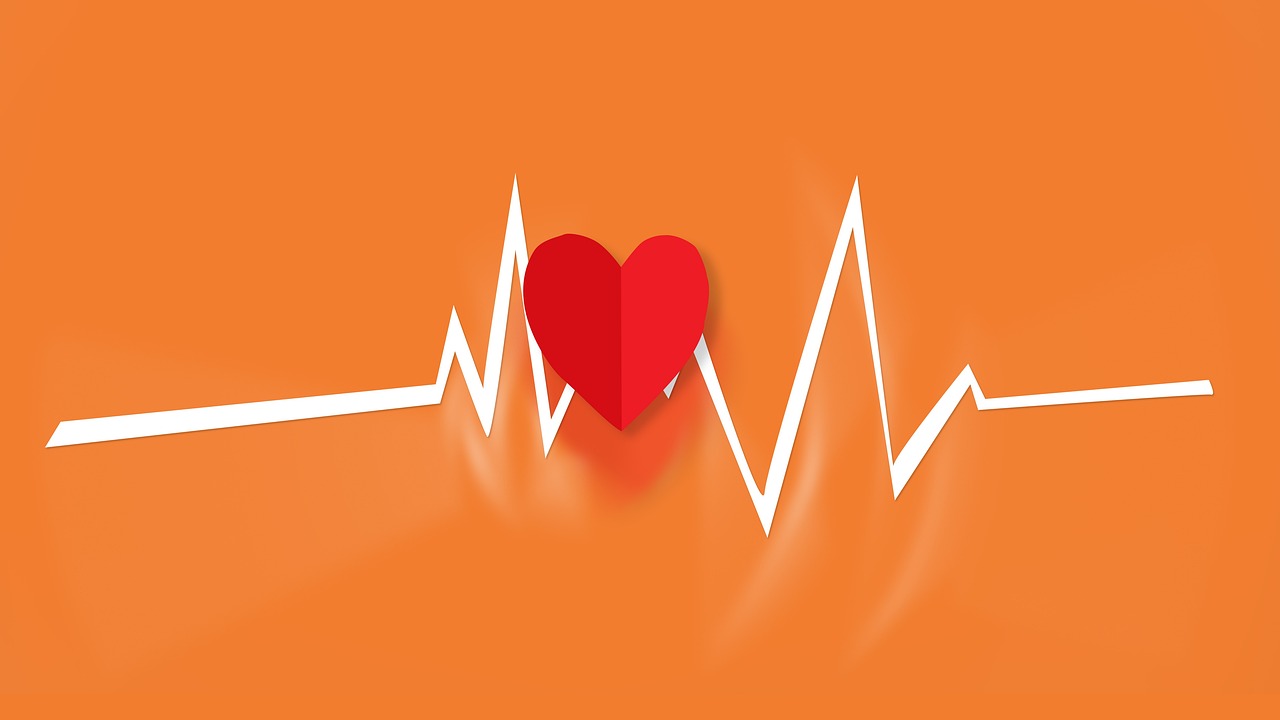Generalized anxiety disorder (GAD) may make you feel all of the above at the same time. To answer the question “What’s wrong with me?”, we must first understand: What is generalized anxiety disorder?
Generalized anxiety disorder is a mental health condition characterized by habitual worry and anxiety. Patients often experience unexplained worry, nervousness, significant symptoms of autonomic nervous system dysfunction, muscle tension, and movement uneasiness.
The specific symptoms may vary from patient to patient and may overlap, but the common thread is that they occur consistently and repeatedly for at least six months. Although patients are able to recognize that these worries are excessive and inappropriate, they often have no control over them and therefore experience great distress.
I Feel like I’m the Only One Who Feels This Way, Am I Weird?
When entering a strange new environment, such as a hotel elevator, most people will feel nervous and uneasy. Research has found that about 5-6% of people will suffer from generalized anxiety disorder for various reasons during their lifetime. Among them, women are twice as likely as men to suffer from generalized anxiety disorder. Some people appear to be genetically predisposed to developing the disorder, and many people who experience childhood trauma may also later develop GAD.
How Can I Be Sure These Physical Symptoms Are Not an Undiagnosed Illness?
This question is a common concern for individuals with generalized anxiety disorder and is consistent with their symptoms of excessive worry. The best way to eliminate this concern is to establish a relationship with a doctor who can listen to your specific concerns and develop an appropriate treatment plan based on your condition.
Are There Any Lab Tests or Brain Scans for Anxiety Disorders?
Generalized anxiety disorder cannot be detected with a blood sample or X-ray, but is diagnosed based on information provided to a doctor or psychotherapist during a clinical interview.
What Should I Do If I Have an Anxiety Disorder?
First of all, generalized anxiety disorder is an emotional problem, not a contagious disease. You need the care and support of your relatives and friends, rather than staying away from people who care about you.
If you find that you have generalized anxiety disorder, don’t be ashamed. You can acknowledge your vulnerability, tell your friends and family about your illness, calmly accept their help, and seek professional help when necessary.
Can This Disease Be Cured?
Generalized anxiety disorder is a chronic condition that requires long-term management. More than half of patients seeking treatment say their anxiety began in childhood or adolescence. However, surveys show that the average age of patients with generalized anxiety disorder is 35 when they are diagnosed.
The course of generalized anxiety disorder often fluctuates widely, especially when the patient is stressed.
Additionally, generalized anxiety disorder doesn’t go away on its own. For most people, symptoms can be relieved with the help of mental health professionals and doctors, such as professional intervention and treatment.
Is Generalized Anxiety Disorder Hereditary?
If a family member has generalized anxiety disorder, the risk of developing the disorder appears to be slightly increased.
However, this familial influence seems to be related to genetic and environmental factors. For example, a person may have a genetic predisposition and have a higher risk of developing generalized anxiety disorder, but not everyone with this genetic predisposition will develop it.
How Do I Talk to Someone Close to Me When They Have Generalized Anxiety Disorder?
Communicating with people who are experiencing depression or anxiety requires certain methods. You can pay more attention to the following aspects.
Surroundings
- This is not a good time to communicate with your partner when he or she is having an anxiety attack; in addition, public places or places with a lot of irritants around are not suitable for you to communicate.
- You need to find a quiet, more private space, and wait until the other person calms down before communicating with the other person.
Tone
- We all know that the same words spoken in two different tones will convey different meanings. Therefore, when you want to communicate well with the other person, please pay attention to your tone and tone. An uncharacteristically low or monotonous tone of voice, a faster speaking speed, and a louder volume may make the other party feel uncomfortable, so please try to avoid these.
Body language
- If someone played an emotional guessing game with you, you might mimic “distrust,” “annoyance,” and “discomfort.” If you show it, people with anxiety disorders can also pick up on your nonverbal cues.
- Therefore, when communicating with the other party, please pay attention to your body language and try to make the information conveyed through your eyes, body, and facial expressions softer so that the other party will be more receptive.
How Do I Talk about My Anxiety?
This question actually has two meanings: one is how to communicate with others, and the other is how to conduct self-talk.
Should we share our concerns with others to gain a different perspective or comfort? Clinical psychologist Michael Stein believes we don’t need to be too quick to tell others about our anxieties.
Michael Stein has been dealing with patients with anxiety disorders for a long time. He has found from practice that for ordinary people, listening to other people’s opinions is indeed helpful; but for patients with anxiety disorders, their brains are likely to be confused before getting specific answers. Constantly creating “what ifs” and derivative worries will only make their anxiety worse.
Therefore, Michael Stein recommends that people with anxiety disorders stop talking about things that make them worry, which can help them retrain their brains to tolerate uncertainty or ambiguity.
Psychotherapist Kimberley Quinlan believes that instead of talking to others, it is better to talk to your own anxiety—acknowledge its existence, face it bravely, and tell it: No matter what, I will move on.
Why Do Some People Say Anxiety Is Good for the Human Body?
Anxiety is a normal emotional feeling, and at lower levels, it can be a helpful tool—distracting attention and helping us react when needed.
Emily Bilek, a clinical psychologist at the University of Michigan who specializes in anxiety disorders, believes that the idea that anxiety is dangerous is wrong. In fact, anxiety itself is not good or bad. It is just how you view the feelings caused by anxiety and how to resolve the fear caused by anxiety.
Why Can’t Anxiety Be Eliminated Simply by Eating Better and Exercising More?
Making healthy changes can certainly reduce anxiety, but it won’t cure anxiety. Completely avoiding stress triggers—whether dietary or environmental—is a stressor in and of itself, and an isolating practice.
Regine Galanti, a psychotherapist who specializes in treating anxiety and related disorders, believes that stress responses are like fire hydrants in that they must be turned off with professional help. In this case, it is recommended that anxiety sufferers receive professional treatment, such as psychotherapy and medication.
Generalized anxiety disorder is a long-term mental health condition that, unlike panic attacks, can gradually worsen when triggered by life stressors. Sometimes you can feel it coming, sometimes not.
A generalized anxiety disorder may run in families or be the result of psychological trauma. It can be managed with a comprehensive treatment plan, including psychotherapy, medication, diet, exercise, and mindfulness.



